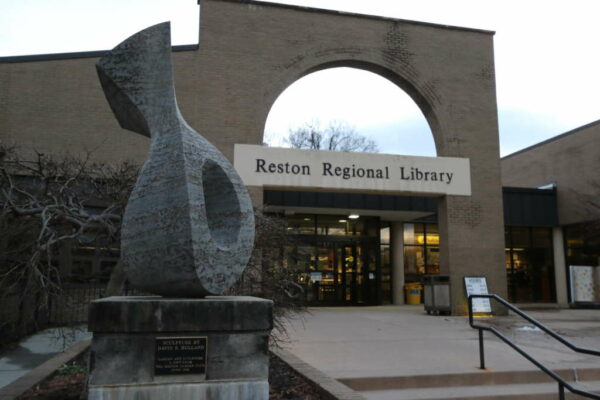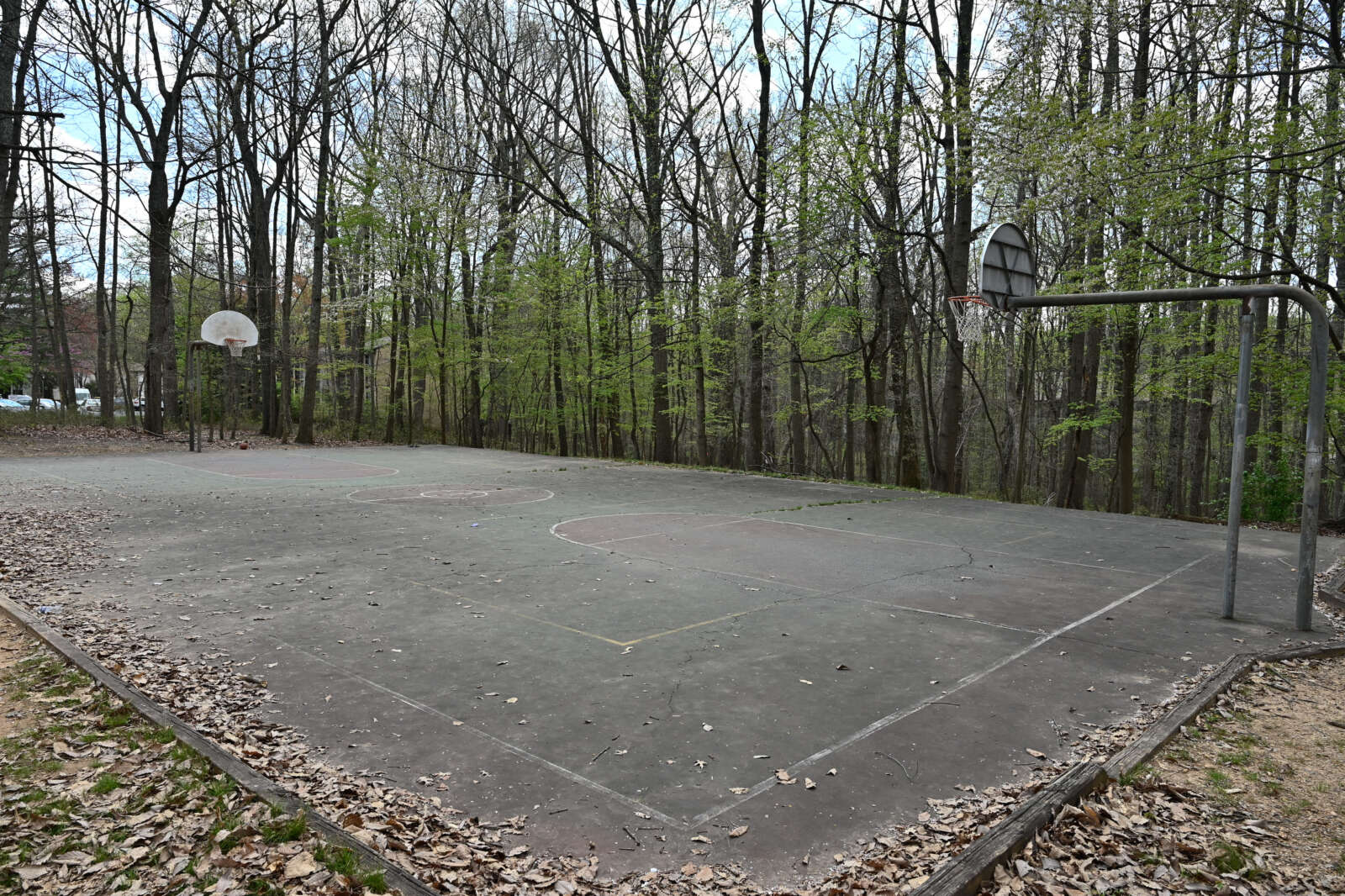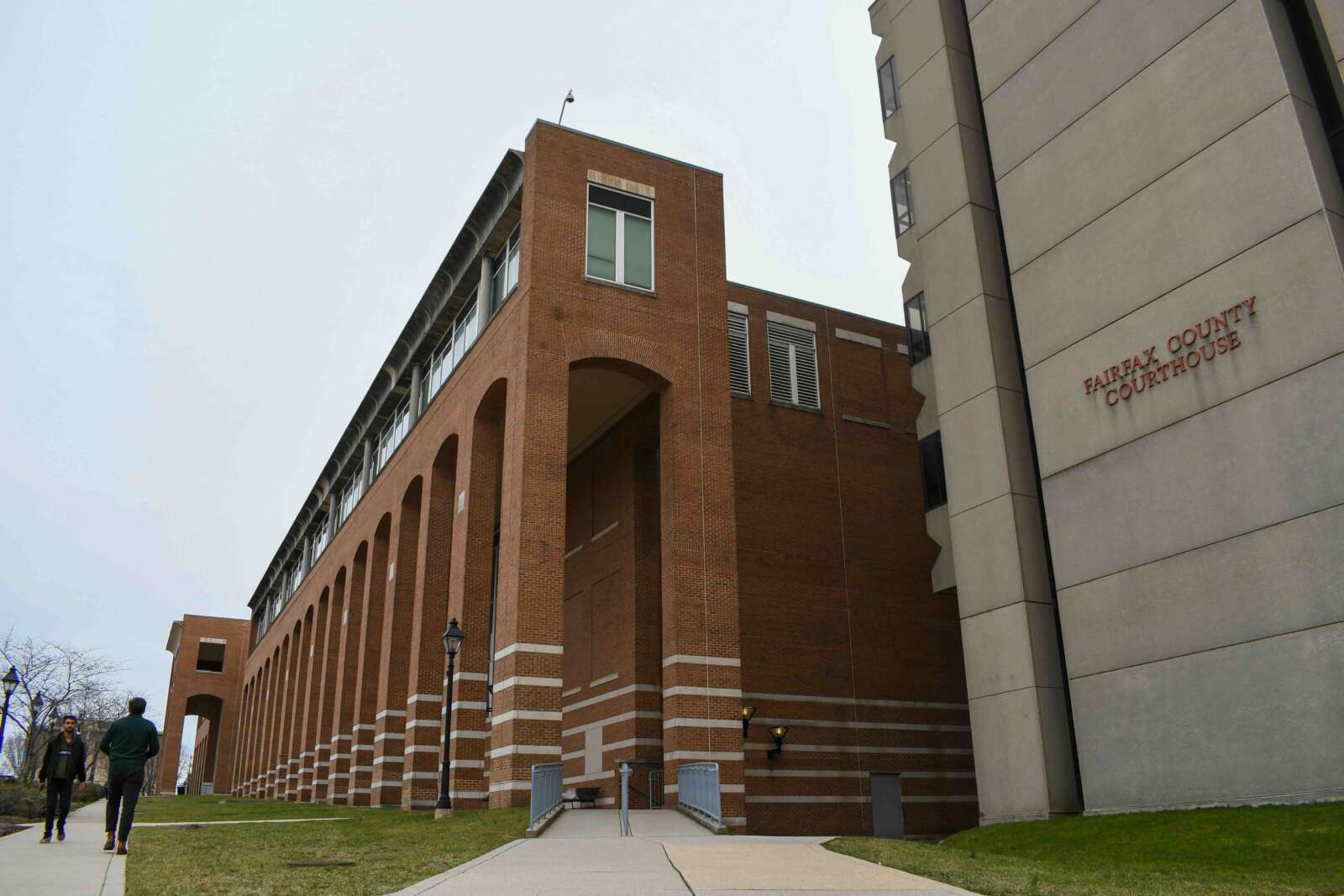
After a slight delay, Fairfax County Public Library has come to the same realization as dozens of other library systems in the D.C. area and across the country: that fining patrons for overdue materials doesn’t work.
The library’s Board of Trustees got informal but clear support from the Fairfax County Board of Supervisors at a joint meeting yesterday (Tuesday) to stop FCPL’s practice of charging late fees for unreturned books, DVDs, and other resources.
The trustees must still officially vote to eliminate library fines, but if that happens in November or December as anticipated, the new fine-free policy will take effect on Jan. 1, 2022, FCPL Director Jessica Hudson told the Board of Supervisors, noting that people will still be expected to pay back the cost of lost or damaged items.
“I have not heard anyone on this board that doesn’t wholeheartedly support [the fine-free strategy],” Board of Supervisors Chairman Jeff McKay said. “So, [I] look forward to the library board moving forward with that, and being able to accomplish that would be, I think, a big win for all our users.”
Fines Affect Library Access
Inspired by the One Fairfax policy, which commits the county to considering racial and social equity in its policies and decision-making, the FCPL Board of Trustees started exploring the idea of eliminating fines with the creation of an ad hoc committee in April.
Tasked with reviewing trends and determining the effectiveness of fines, the committee found that fines are not only futile at incentivizing the timely return of materials, but instead, actually discourage people from returning overdue items and utilizing library services.
“If you have a book checked out, and it’s a month late, and you know that you’ve got fines accrued on it, it doesn’t really make you want to run into the library and quickly turn it in and pay your fine,” Hudson said. “Instead, it acts as a punitive measure that ensures that some members of our population are never going to come back to the library.”
The committee recommended that FCPL eliminate fines at a Board of Trustees meeting on July 14, citing the policy’s ineffectiveness, its disproportionate impact on youth and low-income communities, and declining revenue from fines in a statement that the board accepted on Sept. 8.
According to the committee, 17% of the approximately 420,000 library cardholders that FCPL had prior to the pandemic — including 23% of cardholders younger than 18 — had their cards blocked because their accounts carried more than $15 in outstanding fines.
The number of blocked cards correlated closely with neighborhood income, with low-income areas served by the Reston, City of Fairfax, George Mason, Kingstowne, and Sherwood regional libraries having particularly high rates, according to Hudson.
The committee also reported that the revenue FCPL gets from fines, which goes into the county’s general fund, has been decreasing throughout the past decade, dropping from $1.3 million in fiscal year 2010 to just $127,067 in FY 2021.
“Is the effort of collecting those dollars really worth all of the negative impact that’s associated with it?” Hudson said, attributing the decline to the introduction of auto-renewals and an increase in usage of electronic materials that don’t accrue fines.
Better Late Than Never
Assuming the policy change is approved, Fairfax County will be the last jurisdiction in the D.C. region to end the use of library fines, a trend that started with Loudoun County in 2019 and continued most recently the City of Alexandria and Prince William County on July 1.
However, FCPL got some practice in going fine-free last year, when the COVID-19 pandemic closed all 22 branches, prompting the system to suspend fine collections for overdue materials from March through August.
Even before the pandemic, FCPL had implemented initiatives intended to make it easier for people to pay off their fines, partnering with the nonprofit Food for Others on a “Food for Fines” program in 2018 and introducing a “Read Away Your Fines” program in 2019.
It also joined forces with Fairfax County Public Schools on the fine-free Library Equity Access Pass program, which lets all students access public libraries without a library card. The program was piloted at one branch in 2019 before going countywide in October 2020.
The benefits of fully eliminating fines could be realized immediately, according to Sujatha Hampton, who represents Dranesville District on the trustees board and chaired the ad hoc fine review committee.
She noted that other library systems have seen spikes in returns after suspending the use of fines, including one case in San Francisco where a man returned a book that had been overdue for 100 years.
“The lifting of fines is associated with the return of the books,” Hampton said. “So, we could imagine that just putting this in place and strongly advertising it would bring back a flood of books that have been out.”





